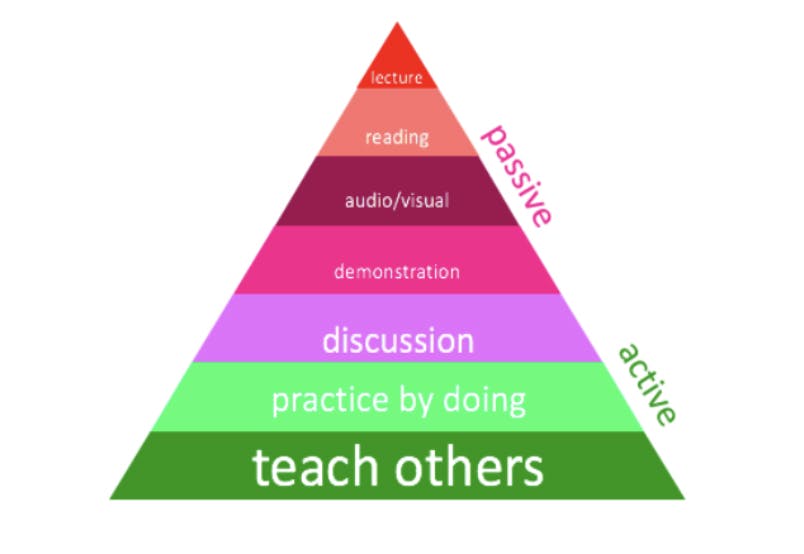- Learnlife
- Our Approach
- Methodologies
- Peer-to-peer, crowd-sourced and social learning
Social Learning
Social learning, crowd-sourced learning, and peer-to-peer learning suggest that people learn through interaction and observation in social settings and is one of the most powerful learning methodologies used around the world.
In a real-world context, not all learners have equal access to schooling and education, let alone strong educators who might act as role models. Social learning that is crowd-sourced with the pooling and sharing of understanding among peers, is one of the powerful learning methodologies used around the world which is why it’s one of Learnlife’s learning methodologies. By applying the same logic that has seen crowd-sourcing become an embedded method within the business world, educators can create more equitable social learning systems. Social learning suggests that people learn through interaction and observation in social settings. In different contexts, this can also be taken through to the digital world using platforms that enable learners to share information, help other learners and learn new perspectives.
History:
Educational theorists have for many decades understood the critical importance of teaching others (peer-to-peer/ social learning) to foster deep learning. Through ‘reciprocal’ teaching, learners share their knowledge with their peers. The impact of this on an individual’s capacity to learn, both in sharing and receiving knowledge is significant, especially in comparison with more passive forms of learning. The ‘learning pyramid’, attributed to the US-based National Training Laboratory and educator Edgar Dale in particular, highlights the strength of reciprocal teaching.
More detail:

Examples and resources:
British School Muscat
The British School Muscat has moved to a focus on collaborative Discovery Learning which allows children to direct their learning according to their own interests and curiosities. This interdisciplinary approach enables students to work together, drawing "interlinkages between various content areas and focus on the specific skills to apply that content to the real world". Therefore social learning comes into play as students discover the world around them while taking in any and all information.
British International School of the Year: British School Muscat
Application:
Learners are heading towards a rapidly changing working world where co-working, collaboration and team productivity are baseline requirements. Learnlife’s social learning spaces for children and youth offer the potential for learners to accelerate their learning, by providing a spate of opportunities and learning methodologies to learn from each other so that they can think divergently and gain new perspectives.
Learn more about the different ways to engage learners through the different learning methodologies in the Learnlife learning paradigm toolkit.

